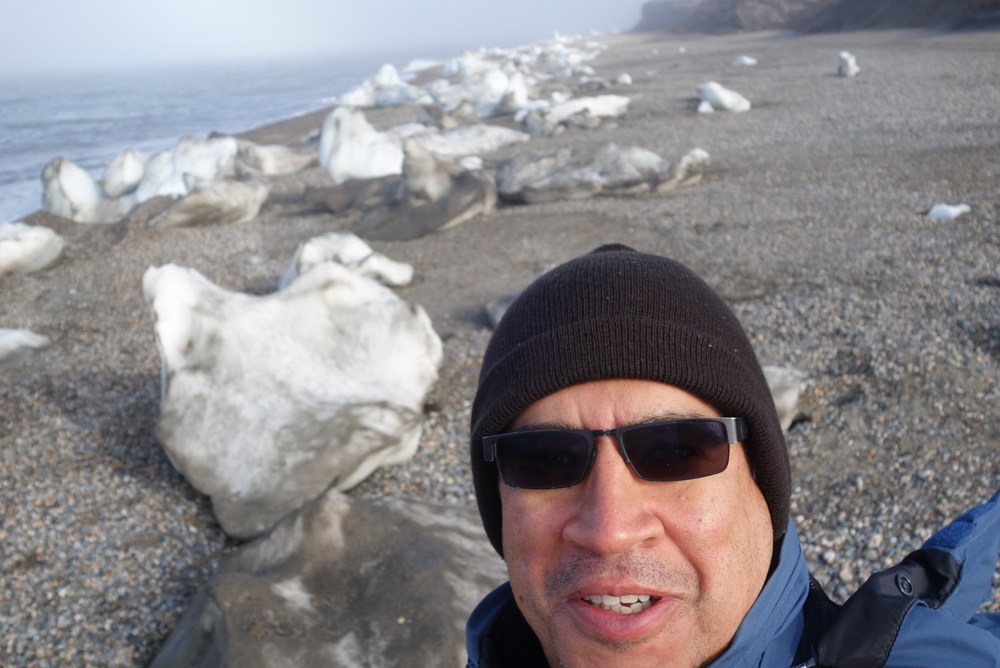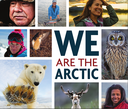
From the Cascades to the Himalayas, The Mountaineers has a long history of exploring nature’s wild unknown, and now we're doing our best to protect what's left of it.
The Arctic National Wildlife Refuge – unique in its vast expanse of uncharted lands – represents one our last and greatest connections to this spirit of adventure.
Spanning 19.6 million acres in the far northeastern corner of Alaska, the Arctic Refuge is a safe haven for wildlife, the ancestral home of the Gwich'in people, and one of the last places you can actually "get off the grid."
In 2016, Mountaineers Books published We Are The Arctic. The book's diverse voices and poignant images bring the region to life, inviting readers to join the call for its permanent protection. Your voice can make a difference: visit www.WeAreTheArctic.org and sign the petition.
The following essay from Mark Magaña, founder of Green Latinos, captures reflections from his visit to the Arctic.
We are all indigenous to somewhere.
Wherever we might have come from originally—our community, our neighborhood, our village, our barrio—we call that home. For many of those who live in the Arctic National Wildlife Refuge, it has been their home for generations unknown: generations that lived in accordance with the instinctual calendar and movement of the indigenous wildlife.
They did not impose themselves on the face of the land;
they were part of nature, living among, not over.
Drilling is not indigenous. Drilling is an aggressive invasive
species. It displaces, disturbs, and devours nature.
It is our responsibility to understand that we wouldn’t let this happen to our own home, so why would we stand by
and let it happen to those whose subsistence depends the
most on preserving the delicate balance of the wild?
America’s Arctic is a breathtakingly natural, wild place, and
right now we have the power to faithfully preserve it so that
those who live there can thrive and our families can experience and enjoy it.
I have been given the opportunity to exult in the vast
beauty of the Arctic National Wildlife Refuge firsthand, and
it would be selfish of me to not work to ensure that future
generations have that same opportunity.
Read the rest of "We Are The Arctic" free online.
 Mountaineers Books
Mountaineers Books
